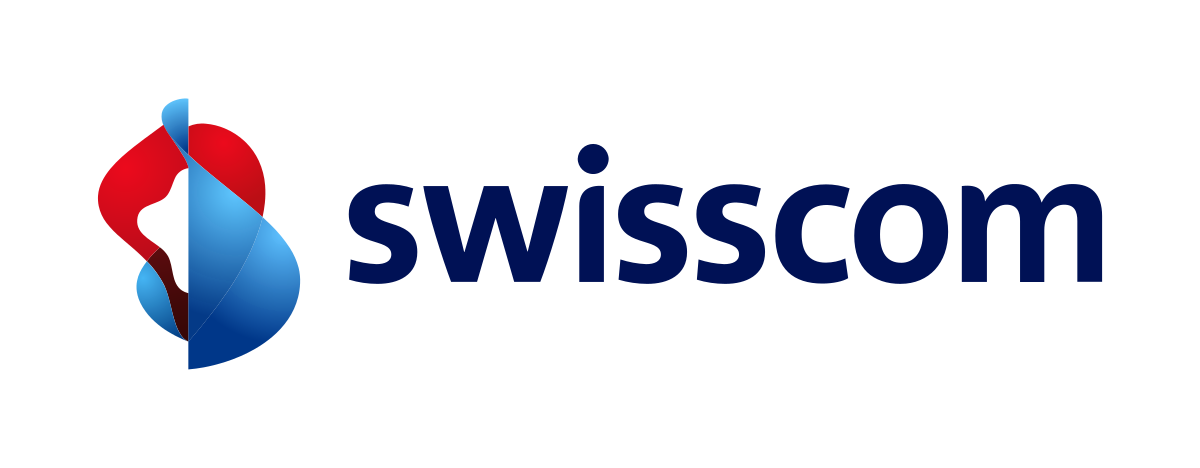It’s hard to imagine modern business functioning without an information system. However, are organizations truly using the full potential of their IT capabilities? Many struggle with the enormous amount of data they accumulate. Even repetitive processes are often not automated. How can businesses transition towards a data-driven approach? This is where Business Intelligence Consultants come into play.
Two different worlds
When we think about the people working in the IT industry, we picture developers immersed in code for 8 hours a day. They have specific tasks, everything is described as algorithms and well-structured. They know how things should operate.
On the other hand, how does business work? It’s often based on processes established many years ago, with new functionalities added over time, along with exceptions and exceptions to exceptions. Operations are often based on experience and intuition, with inconsistencies among employees performing similar tasks. If one person is absent, finding a replacement is difficult, as no one truly understands the full scope of their responsibilities. Future actions are based on intuition. Documents are sent manually, which periodically leads to errors.
The challenge of consistency
In organization X, the main method of managing employees is through Excel files sent via email. Each team leader receives a spreadsheet for their team, fills it in, and sends it back to their supervisor. This simple task becomes complicated when someone makes a mistake - which is not uncommon. An employee might send the file without saving the changes. Then they send it again, the second version. Another team leader realizes after sending it that they want to make a change. That's the third time. And by accident, someone clicks "reply all" instead of sending it to their superior, resulting in confidential data being sent to colleagues. The manager doesn't notice the latest update from the second team leader and sends an incomplete version to the accounting department.
Sounds familiar?
These problems could be prevented if the organization had a unified system in which data is stored and changed, and with the access to the specific parts for authorized personnel within designated time frames.
The role of the BI Consultant
When a BI Consultant comes to the organization, their first task is to understand the existing process. Understanding the needs and challenges is crucial to deliver a solution that not only functions well, but is also user-friendly and tailored to meet the organization’s specific needs. All the gathered information is then translated into specific algorithms and designed as a solution. The work doesn’t end there; the delivered functionalities are continuously tested against the business requirements and refined. New areas and missing functionalities are discovered. Through an iterative process of testing and incorporating change requests, the final solution is reached.
Change Management
It’s challenging for someone who has worked in a certain way for many years to adapt to something new. Changing habits and being open to new processes require effort. A BI Consultant plays crucial role in this stage by highlighting the benefits and assisting users in navigating the new system. By working collaboratively, the project reaches its successful conclusion, and end-users can enjoy the benefits of an improved work environment.
BI Consultant as a dream job
One undeniable advantage of working as a consultant is seeing how what you create has a real impact on someone’s work. Tedious processes can be accomplished with a few clicks, chaos becomes organized, and people are more motivated to work.
As one project ends, another begins – with new processes, new people, and new challenges. There’s no room for monotony and boredom in this profession. No two organizations are the same – each faces unique problems. Even if several companies are using the same name for the process – e.g. a Sales Performance Management – the main principles are the only common ground. Customization is key.
Different tools and technologies are used at various stages of solution development. Designing the process is just one part – data needs to be loaded into the system, and results must appear in reports or letters. At each of these stages, consultants face new challenges and constantly develop their skills by learning new technologies.
Continuous growth
Whether balancing the border between IT and business is the main goal, or if one wishes to pursue a more technical path or use it as a stepping stone on the managerial track, continuous growth defines the role of a consultant. If you envision yourself on this path, explore our open positions and join our team!





































